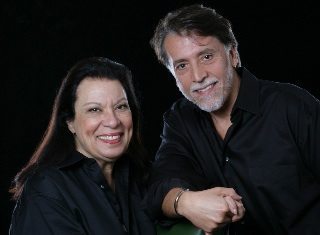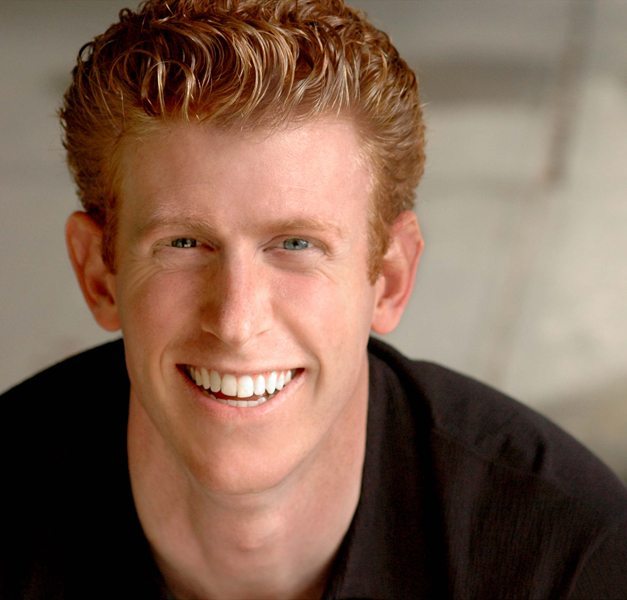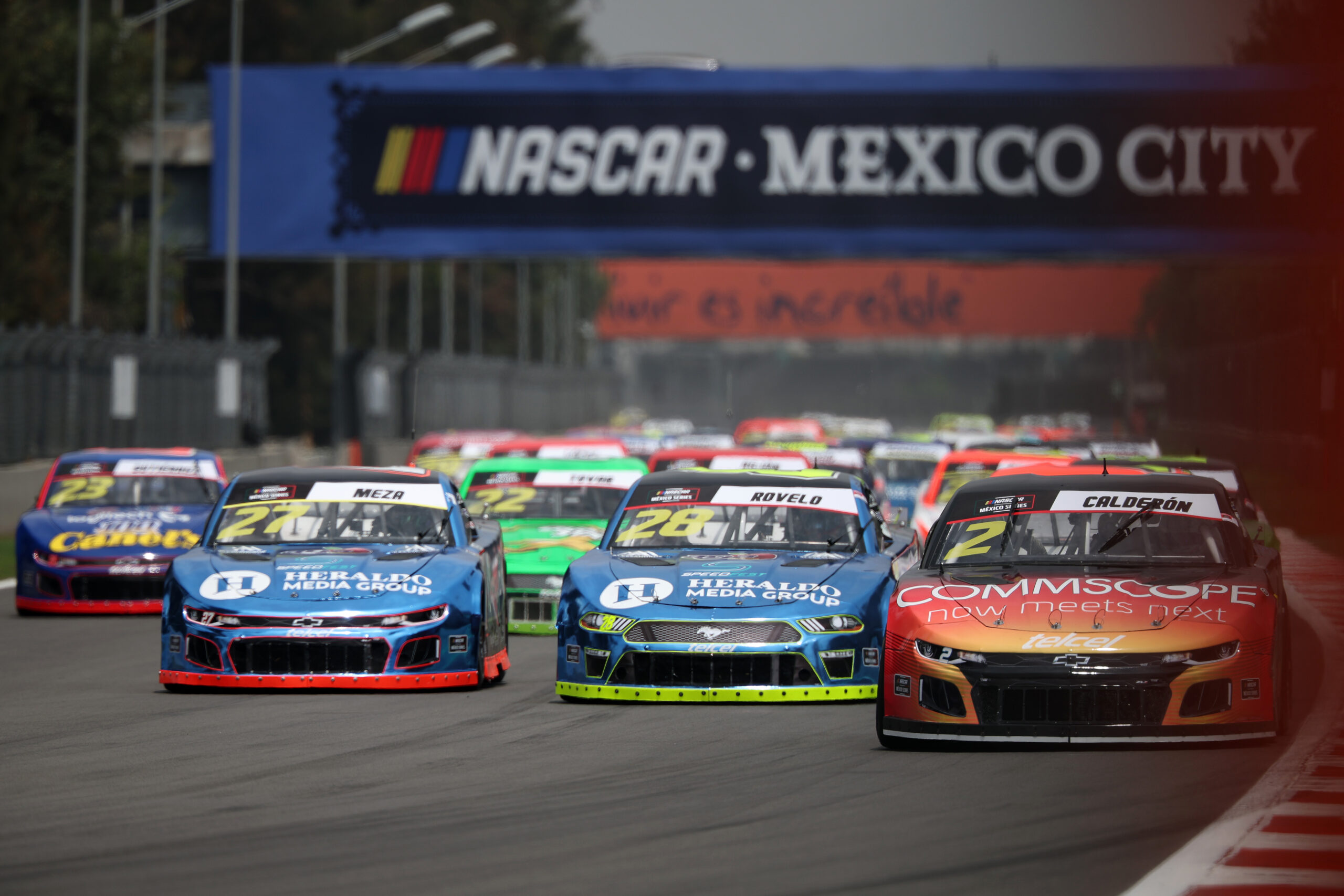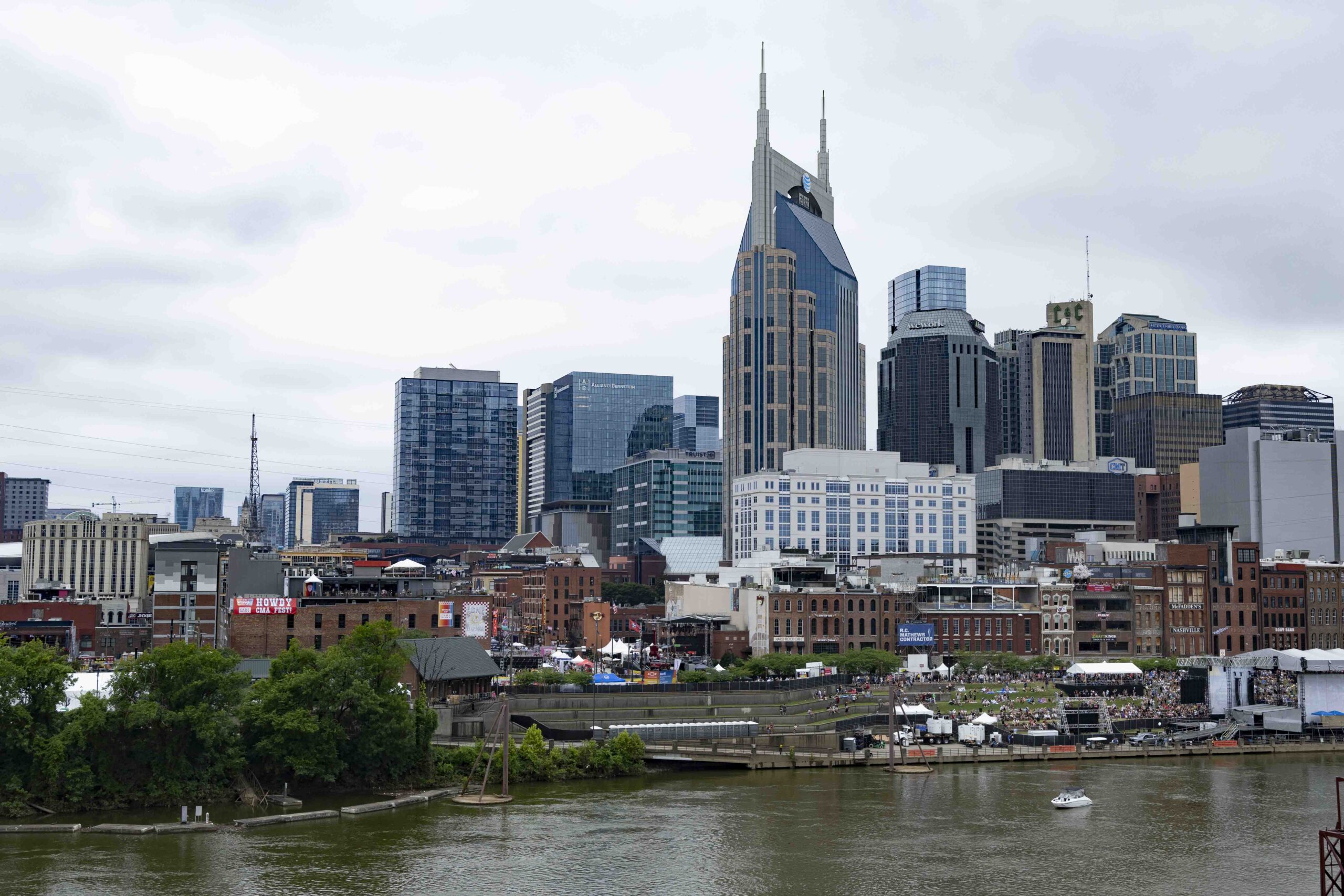
 This week has been a week full of wonderful experiences. While doing interviews with influential people is becoming a weekly ritual for me, nothing prepared me for my interview with Walter Dominguez and Shelley Morrison (Rosario, from Will & Grace) to discuss their documentary ‘Weaving the Past’. It was an interview filled with spiritual reflection on the importance of our own family history and how quickly it can be lost.
This week has been a week full of wonderful experiences. While doing interviews with influential people is becoming a weekly ritual for me, nothing prepared me for my interview with Walter Dominguez and Shelley Morrison (Rosario, from Will & Grace) to discuss their documentary ‘Weaving the Past’. It was an interview filled with spiritual reflection on the importance of our own family history and how quickly it can be lost.
There is far more to Shelley and Walter than this movie. The movie, albeit a joint success, was only a portion of our hour-long conversation. Living in Los Angeles California, Shelley and Walter are extraordinary individuals who forego the niceties of glitz and glamour to live true to themselves and their spiritual path.
About Weaving The Past
In our fast-paced, chaotic world, it is difficult (if not impossible) to imagine the lives of those who came before us, even just two generations ago. And yet, more than ever, each of us still has a yearning to connect with the past, to better understand those who came before us and made us who we are.
That is the journey undertaken by filmmaker Walter Dominguez in the extraordinary documentary “Weaving the Past: Journey of Discovery.” As a young man, Dominguez was inspired by his grandfather, Emilio, known as “Tata,” who was one of the most prominent and beloved Mexican Methodist ministers in idyllic Santa Paula in rural Southern California. A community leader who was known for his generous heart and kind spirit, Tata died in 1973. Three decades later, with the generation that knew Tata best quickly dying away, Dominguez picked up his camera to uncover the long-hidden secrets of Tata’s earliest years.
With his wife, producer Shelley Morrison (an actress known for her role as Rosario on the long-running sitcom “Will and Grace”), Dominguez took eleven years to trace the scant clues of Tata’s past, through the border town of El Paso, to the rural mountains of turn-of-the-century Mexico. It turns out that Tata was part of the Mexican revolutionary movement, fighting alongside some of Mexico’s most courageous citizen warriors in an effort to oust the hated dictator Porfirio Díaz. With each new revelation comes a new mystery – and with each mystery, the remarkable achievements of Tata’s later years become all the more remarkable. How can a man so beloved for his peaceful and beneficent nature have a past so dominated by poverty, violence, and bloodshed?
The Interview
I have to admit that when I started watching Weaving the Past, I didn’t know what to expect or whether (coming from Canada) I would understand the documentary because of my lack of Mexican and US History. However, it had such a great effect on me that I watched it twice. There is so much more to this documentary than the history of your Grandfather and his origins. There is a real message.
Shelley: Thank you very much. We had our first screening for family, friends, and the cast and crew. There were over 150 people there. Walter and I were complete basket cases. At the end, they gave Walter a standing ovation.
Walter: It was a remarkable experience because at every turn, whenever I got stuck and I hit a dead end something miraculous would happen. It just amazed me.
Shelley: We were truly led by the hand. We were given so many gifts. We looked at the cast and crew and 75% of the people who were involved in this film we’ve known for over 25 years. It was a cohesive family experience. There wasn’t one pain in the ass there. Just to have the opportunity to work together with Walter was remarkable. In August, we’ll be married for 40 years. I think this documentary captured Walter’s essence. Everyone goes to him like a magnet. As well, I don’t want to act anymore. I don’t want to have to pluck or shave.
During your journey, people appeared to be so open and willing to share their knowledge of your ancestors. I thought that was amazing.
Walter: The people that I’ve met along the way have been so remarkable. I fall in love with people. There stories, their lives, and who they are just fascinates me. People sense that about me and they tend to open up more.
The greatest impact that I had while watching Weaving the Past was the moment when Walter had the revelation of “Wow so many of my elders are all gone and my history ends with them”
Walter: It’s important for us to know our background. The older we get, the more we realize how important it is.
When did your journey finally end and how long did it take to edit and complete ‘Weaving the Past’?
Walter: 2007, it’s taken five years to complete this documentary. We had 400 hours of footage. It was really hard to resist and try to focus on the heart of the story. Thank God Shelley is there with me, because she’s very good
at getting down to the heart of things. I tend to get lost in all the wonderful details and side stories.
Shelley: The story is essentially there, we just had to do a lot of weed whacking. At one point, it was like good cop/bad cop. I was the bad cop. Walter and I were meant to be together. I am 11 years older than Walter and we’ll stand for our rights until we break the other one down. But then it’s like “YES” and then we moved on to the next thing. Our production manager and assistant director, John Estes, has been with us before day one. He hadn’t seen the final cut until the screening. When I asked him how he felt he responded, “Giddy!”
What a wonderful feeling to have someone who was so involved to have that reaction to ‘Weaving the Past’
Walter: It is a really good feeling. My aim is to infect other people with the desire to look at their family in a different way and really value who we have around us. Do more digging. Every single person has amazing stories and amazing people in their background. It is very healing and hopefully more people will be inspired to do some digging into their background. The more we learn about our background, the more we learn about ourselves. It would really be wonderful if younger people in families would listen to their elders and ask them the questions before they are gone.
During or after the screening, was there a moment that made you realize the impact of ‘Weaving the Past’?
Walter: My sister called me this morning to tell me that she and her twins, who are 17, sat up for hours and talked about the film and about family. It made me so happy to hear that those 17 year old twins are awakened to that. It’s never been easier to find out our history. All you have to do is go online and find documents through places like ancestry.com, the Morman genealogy archives, or even the public library links to databases around the World. It’s a spiritual journey and important for some people to do at some point in their lives.
Shelley: The film is universal as it touches everybody because everyone has family. A lot of young people were at the screening helping us out. They were Mexican and they claimed that they never learned about the history of what happened in school. So it touches so many people on so many different levels. We didn’t do this documentary to make a fortune, we did this because we needed to this. I think it’ll be a grassroots thing where people will discover this film. It’s been a labour of love…….a very long labour, but soworth it.
Will you be submitting ‘Weaving the Past’ to any Film Festivals? I would love to see it coming to Toronto Film Festival
Walter: I have been so busy completing the film, there hasn’t been time to do any submissions, but that’s coming. Toronto is one of the great film festivals of the World and to get into that would be awesome!
Shelley: We want to break it out gently. We’ll do the benefit for the museum and in the interim we’ll do some press.
Walter: We’d like to create some talk and show that there is some genuine audience interest that isn’t particular to one region or one ethnic group. Hopefully, we’ll be able to get a really good film festival to get interested and screen it.
On May 18, they will host a benefit gala screening of “Weaving the Past” to benefit the soon to open Museum of Social Justice located on historic Olvera Street in Los Angeles where they both sit on the Board. I wish them continued success and I hope to one day continue our conversation in person.









